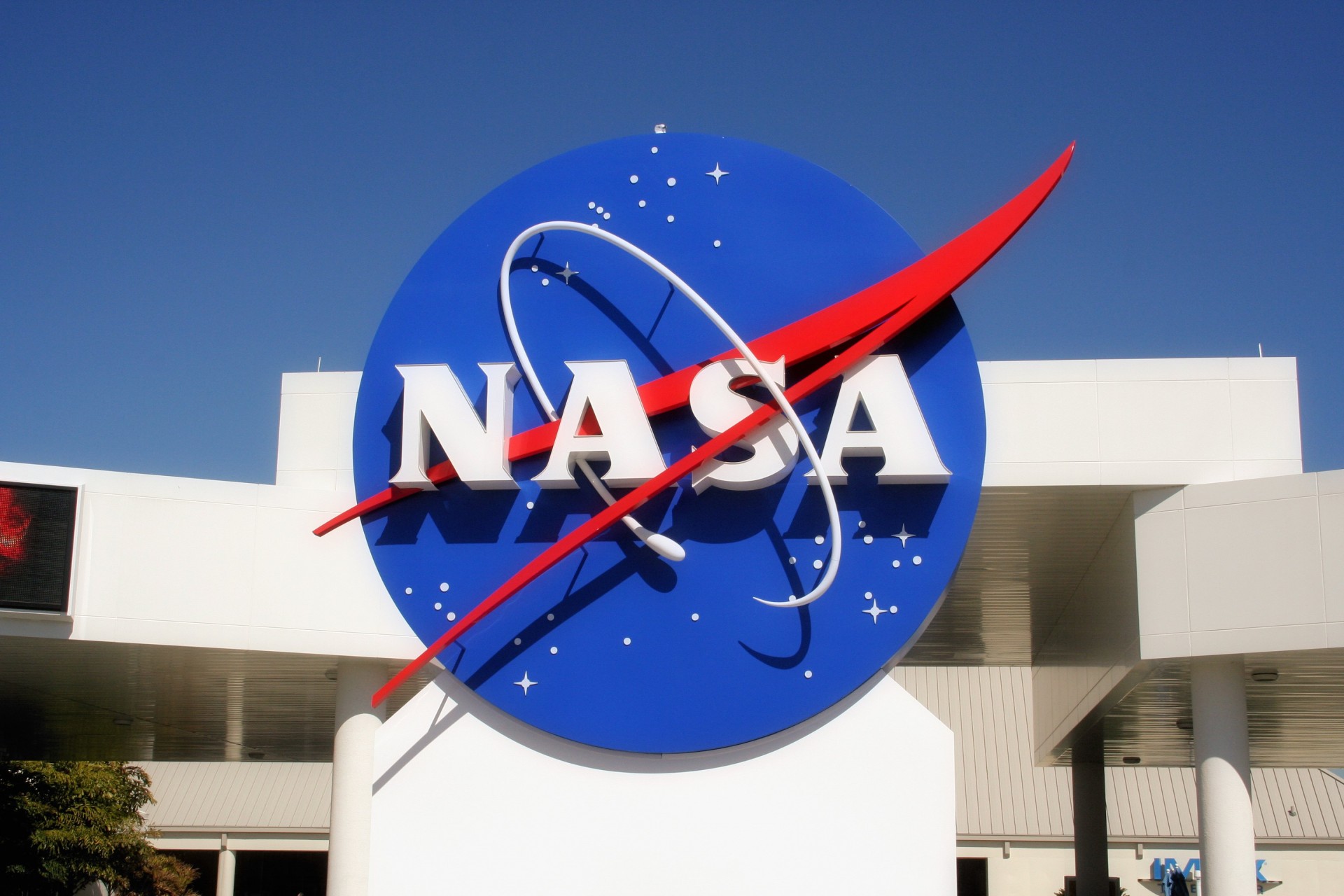
Introduction
The Moon, Earth’s only natural satellite, has long fascinated humanity and holds immense significance in the realm of space exploration. As the nearest celestial body, it offers unique opportunities for scientific research, potential colonisation, and serves as a launchpad for deeper space missions. Recent advancements in lunar exploration highlight its importance in understanding not just our solar system, but also the wider cosmos.
Current Events and Discoveries
The recent Artemis I mission, developed by NASA, marked a significant milestone in lunar exploration. Launched on November 16, 2021, this uncrewed mission successfully orbited the Moon, paving the way for crewed missions scheduled for 2024. Artemis II aims to carry astronauts around the Moon, while the subsequent Artemis III mission plans to land on the lunar surface, striving to achieve the first woman and first person of colour landing on the Moon.
Moreover, international interest in lunar explorations has grown, with nations like China and India launching their own lunar missions. China’s Chang’e 5 mission returned samples from the Moon in late 2020, providing new insights into lunar geology. Meanwhile, India’s Chandrayaan-3 aims to explore the Moon’s south pole, an area believed to host water ice, a crucial resource for future lunar habitats.
Scientific Benefits and Future Potential
The Moon’s surface, rich in various minerals and resources, offers a laboratory for scientific discovery and innovation. The potential presence of water ice in permanently shadowed craters could enable sustainable human presence on the Moon. This could also facilitate resource utilization for fuel and life support, significantly reducing costs for missions to Mars and beyond.
Scientists are also keen on using the Moon as a base for astronomical observatories. The lack of atmosphere on the Moon allows for clearer observation of the universe, potentially leading to groundbreaking discoveries about gravitational waves and the origins of the universe.
Conclusion
The Moon continues to be a focal point in space exploration, acting as both a subject of study and a stepping-stone for future missions to Mars and beyond. With increasing international collaboration and advancements in technology, the coming years are poised to reveal more about our lunar companion and its role in facilitating human exploration of the galaxy. The ongoing investment in lunar missions not only embodies humanity’s quest for knowledge but also represents a united effort towards sustainable space exploration, ensuring that the Moon remains integral to our future in the cosmos.
You may also like

Understanding When is the Shortest Day of the Year

The NASA Predictions for the Longest Solar Eclipse
